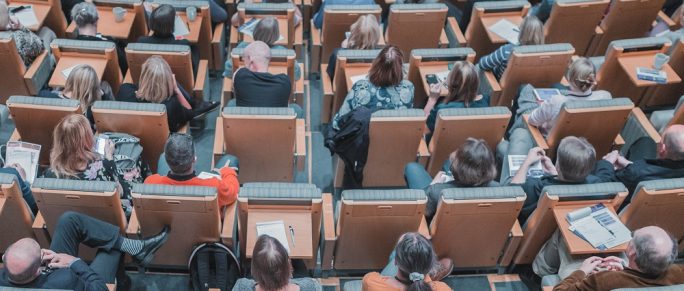A huge chunk of a kid’s time is spent inside the school classroom. It is the place where kids primarily learn many different skills they will need to succeed in school and life in general. Because classrooms are such a vital space in the overall development of kids, it’s crucial to know how to adapt the classroom environment to the kids’ needs to obtain maximum effectiveness during lessons.
How the Classroom Environment Impacts Learning
The classroom is where students start to learn about their place in this world and all the things that they can offer in the future. It’s where students begin to see a picture of what their future would look like and understand the skills required to achieve their goals. Because classrooms play a significant role in educating the next generation on how to succeed as well-rounded individuals of society, educators need to take specific steps to help make certain that their learning environment helps them flourish. Otherwise, the classroom can be set up in a manner that doesn’t encourage a constructive learning environment, or worse, suppresses the kids’ creativity.
The Elements of the Classroom
In a typical classroom, you can see physical elements such as educational furniture, desk arrangements, art, and other resources. You can also see intangible elements such as the rules, ambience, and flow of energy. Each of these elements can affect the achievement and focus of kids in the classroom. There are various ways to go about this. The desks and learning stations can be arranged in a way that fosters connection with everyone in the classroom and improves focus. The walls can be decorated with various items or assignments relevant to the students. Even changing the temperature and lighting of the classroom can improve the effectiveness of teaching. Great educators know and understand these elements and how vital they are in helping kids succeed in school.
Put simply, the environment inside a classroom plays a central role in engaging students and making them more focused, which in turn enables them to hone the skills and talents they need to succeed in school and beyond. Educators can easily adjust the classroom environment to accomplish these results. Otherwise, educators might not be able to fully develop the skills and talents that students need to succeed in the real world.


